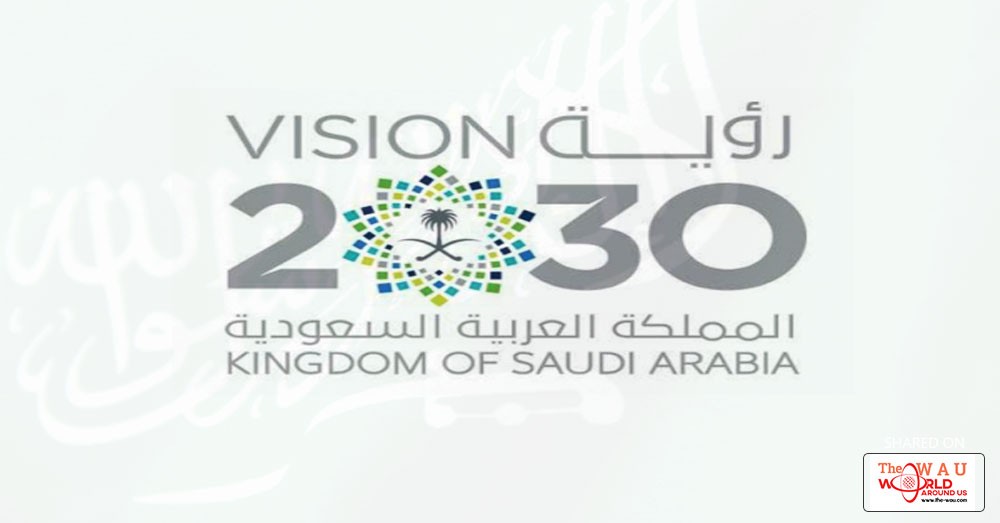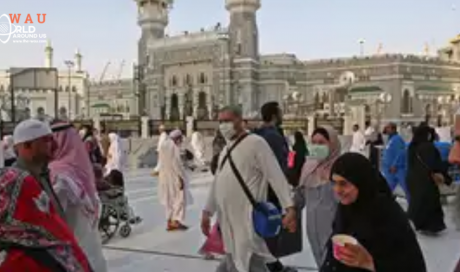There is little doubt that Vision 2030 could not only fundamentally change Saudi Arabia’s economy, but also how Saudis define their roles as citizens. It is the most ambitious package of reforms to be implemented in Saudi Arabia.
At the Future Investment Initiative conference in Riyadh last month, attended by business leaders from around the world, Crown Prince Mohammed bin Salman announced Neom — the first smart city to be created from scratch, built in northern Saudi Arabia and extending into Jordan and Egypt. Perhaps more than any other project associated with Vision 2030, Neom is all about the unbound future of technology.
However, while the Vision 2030 is seeking to transform Saudi Arabia and has charted a clear path for the future, it is also a plan that has been informed by the lessons of the past. And while it presents Saudis from all walks of life, as well as foreign investors, with tremendous opportunities, it also seeks to address challenges and shortcomings that have hampered the development of the Saudi economy in the past and that includes the issue of corruption.
Over the past weekend, a royal decree was issued that established a supreme committee headed by the crown prince with a mandate to combat corruption at all levels. The detailed decree made it clear that corruption had hampered the development of the economy to its full potential, and that it would not be tolerated in the future.
Immediately after the establishment of the supreme committee, several high-profile former and current officials, businessmen and even some members of the royal family were detained and questioned about potential financial wrongdoing, including money laundering, embezzlement and abuse of power. The measures are consistent with Vision 2030’s commitment to efficiency, transparency and accountability.
Saudi Arabia’s anti-corruption drive is consistent with its commitment to efficiency, transparency and accountability, and sends a powerful message both to Saudi citizens and to overseas investors.
Not only will people who misappropriate public funds be prosecuted, but there are indications that those involved in poor planning, or who fail to prevent past problems from recurring — flooding, for instance — will also be held accountable. These measures should prove reassuring to the Saudi business community as well as foreign investors, some of whom have expressed reservations in the past about perceived inadequate transparency and a regulatory framework that did not appear to be robust enough to deter financial wrongdoing. Most important, however, is the message these measures sent to the Saudi people at large. They sent a powerful signal that no one is above the law and that the rule of law must be the pillar on which the Saudi economy rests.
Crown Prince Mohammed bin Salman vowed months ago during a television interview that anyone implicated in corruption would be held to account, regardless of their station in life. King Salman also explicitly said that everyone, including himself, was subject to the same laws, and that any Saudi citizen had legal recourse to bring a lawsuit against any person in the country. These are powerful messages that have received overwhelming support from Saudis from different walks of life, as evidenced by thousands of comments on social media. It is this commitment to learn from the past, to resolutely confront the challenges of the present and to aim for the future that will be the key to the success of Vision 2030.
Share This Post















